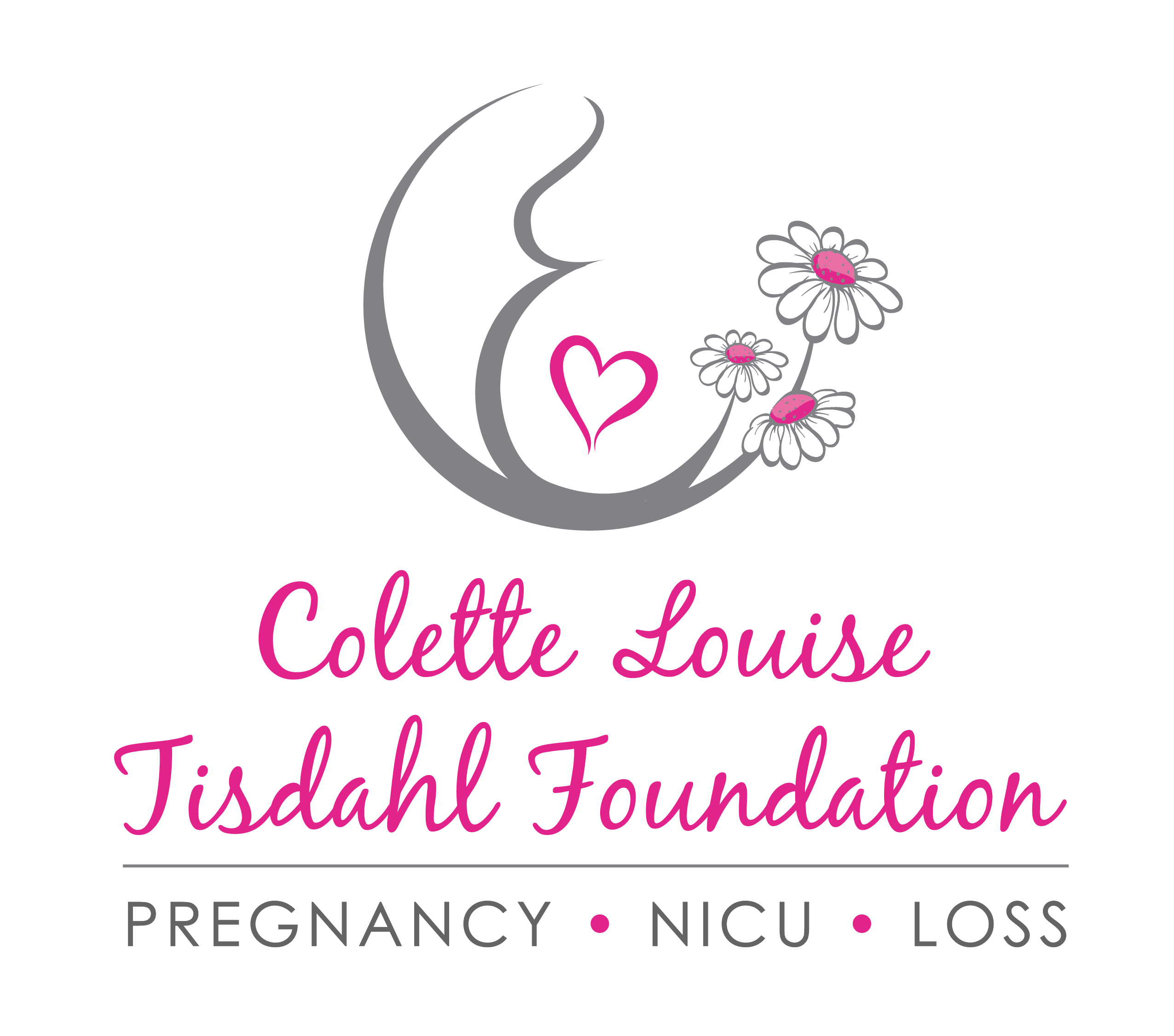
Friday Five: Five Invisible Struggles of New Motherhood
February 25, 2022
Friday Five: Five Things to Know When Having Uncomfortable Conversations with Your Kids
May 20, 2022By Barbara Grant Boneta, Nudge and Cradle
The first three years of a child’s life are an extremely important time for their development. Parents are excited to see their child grow and learn but may be nervous if they see that their little one’s development is slower than they may expect. Early intervention is a great resource and can be an important place to receive support. The hope is, and the research shows, that a child’s developmental delays are best addressed when intervention happens early.
1. Early intervention, also known as Part C of IDEA (Individuals with Disabilities Education Act), is a federally funded program that each state runs differently.
They provide supports and services for young children and families who are eligible. Services can include speech-language therapy, occupational therapy, physical therapy, developmental therapy, and more. In some cases, it is run through the education system, so as an extension of public schools, and others it is run by local governments. This means that state to state, services can differ greatly in terms of who is eligible, cost, etc. Some places offer free services, others go through insurance, others have a sliding fee scale. All states will create a service plan, called an Individualized Family Service Plan, or IFSP, with you if your child is eligible, and your input if vital. Because of this, being knowledgeable about early intervention is key. You want to make sure that you and your child are receiving all the supports available in the most effective way. To find the right agency in your community, you can use the Center for Disease Control and Prevention’s list.
2. Early intervention serves children from 0-3 years old with developmental delays and disabilities.
A couple of states and localities have something called Extended Option, which means that they also serve children until around age 5. Services should take place in a child’s natural environment, which can mean home, school, child care, the community…basically wherever you typically spend time with your little one. A child’s natural environment also means that services should take place within a child’s already existing routines. So, unlike adult therapy, where you may receive exercises that you need to practice outside of what you typically do, strategies for kiddos should seamlessly fit into your daily activities.
3. Eligibility differs a great deal state to state.
In some places, children who have spent a certain time in the NICU (usually something like 28 days) or are born at a predetermined number of weeks gestation (usually before 28 weeks) may be automatically eligible for a certain period of time. There are also other diagnosed conditions that may make a child automatically eligible. Otherwise, children are found eligible based on how they perform on certain developmental standardized assessments. Again, because the guidelines change so much based by state or locality, it is important to be informed on what this looks like where you live.
4. The purpose of early intervention is to build the capacity of the child’s caregiver to best support their child, NOT to fix the child or provide children with direct therapy.
Early interventionists will coach the caregiver by problem solving together and modeling intervention strategies. This is for a couple, research backed, evidence based reasons:
5. You are your child’s best teacher, and the biggest expert there is on your child. Early interventionists are there to work with your priorities, to use their own expertise to make your life easier, and to model how to best support your little one.
You are the most important person on your child’s team. Be vocal! Ask for the support you need, decline to focus on things that are not a priority, and make sure you are receiving family centered care. Early intervention can be amazing, and I’ve seen so many families and children grow and develop because of it. But early intervention is only as effective as the effort you put into it. Remember, you are your child’s best advocate. Have questions about whether early intervention is right for you, or want to talk about your baby’s development? Reach out to me at barbara@nudgeandcradle.com to chat!

Barbara Grant Boneta is Founder, Developmental Specialist, and your overall parenting guide at Nudge and Cradle. She has over a decade of experience supporting young children and their families in a variety of contexts, and is passionate about empowering families to raise socially conscious, empathetic children while taking care of themselves. She has been working in early intervention for over ten years, and works as an educational consultant, graduate professor, and full time mama. Barbara has a Master’s degree in Early Childhood Special Education and Teaching Students with Visual Impairments, and is passionate about infant mental health, diversity, equity, and inclusion, and creating strong leaders. Barbara is a Latinx mama who lives in Austin, TX with her partner, dog, and very adorable toddler.




